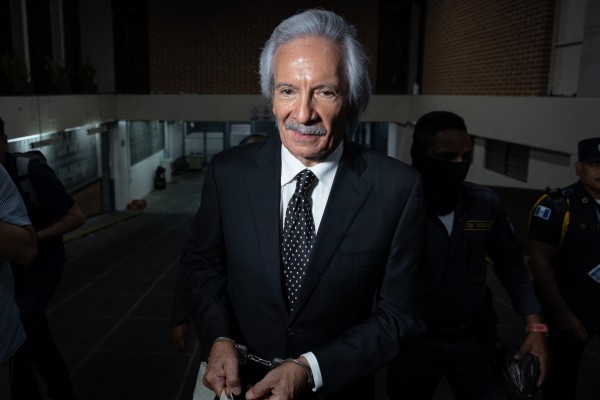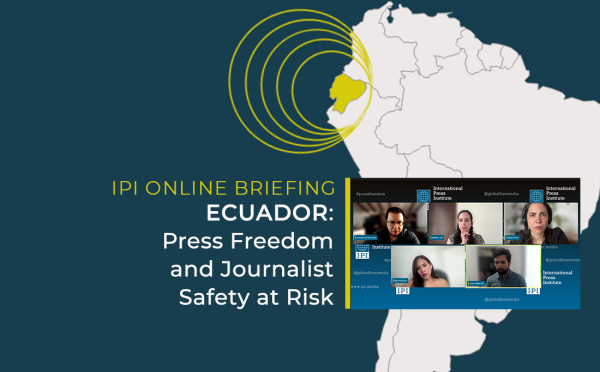Unidentified assailants yesterday threw a military grenade at the offices of a popular Honduran radio station, injuring two people and damaging the radio’s main broadcast booth.
The M-26-type device exploded around 10.30 p.m. local time on the roof of Radio HRN in Honduras’ capital of Tegucigalpa. According to an article on HRN’s website, the booth operator, Alejandro Salgado, suffered minor injuries to his back. Members of the fire brigade took another, unidentified person with minor injuries to hospital.
“In times of political tension, the importance of a free media as a means for the peaceful expression of opinions and ideas is self-evident,” said IPI Deputy Director Alison Bethel McKenzie. “IPI urges the Honduran authorities to bring the perpetrators of any form of violence against the media to justice.”
The assailants launched the grenade from a car, while driving in the street in front of the radio station.
At the time of the attack, HRN was broadcasting the programme ‘Tegucigalpa de Noche’ (Tegucigalpa by Night). Journalists Andres Torres and Avilio Reyes were inside the broadcast booth, together with other members of the staff. When Torres heard the blast of the grenade, he shouted, “A bomb has exploded!” The broadcast immediately went off air.
HRN, which is Honduras’ oldest radio station, celebrated its 76th anniversary last Sunday.
Local media organisations condemned the attack as an attempt to limit freedom of expression.
This is not the first attack on Honduras’ media outlets, which became a target in the fierce political tension that followed the 28 June coup d’etat.
According to local news reports, since the beginning of the crisis, about 10 grenades have been thrown at or placed inside the offices of different media outlets. Many of them did not explode.
On 15 August, unidentified persons threw Molotov cocktails at the offices of the newspaper El Heraldo. The newspaper is known for supporting de-facto President Roberto Micheletti, who took power after the ousting of President Manuel Zelaya.
Besides these and other episodes of violence, media outlets and journalists have also endured legal harassment. On 27 September, the Honduran government issued an emergency decree suspending media freedom and other civil liberties, by allowing for arrest without warrants and the suspension of any broadcast perceived as inciting insurrection.
A day after the decree was issued, troops closed down Radio Globo and Channel 36 television station, which backed Manuel Zelaya.
IPI protested against the decree as an unacceptable instrument of censorship.


